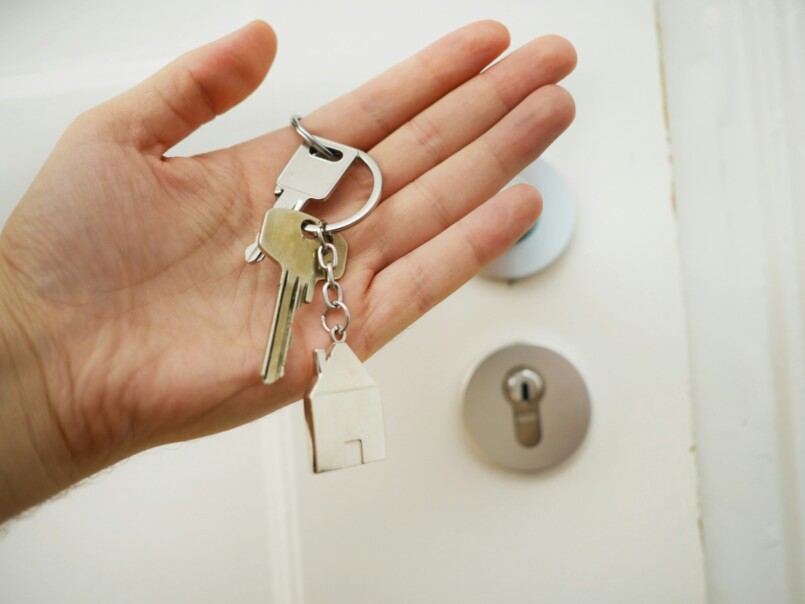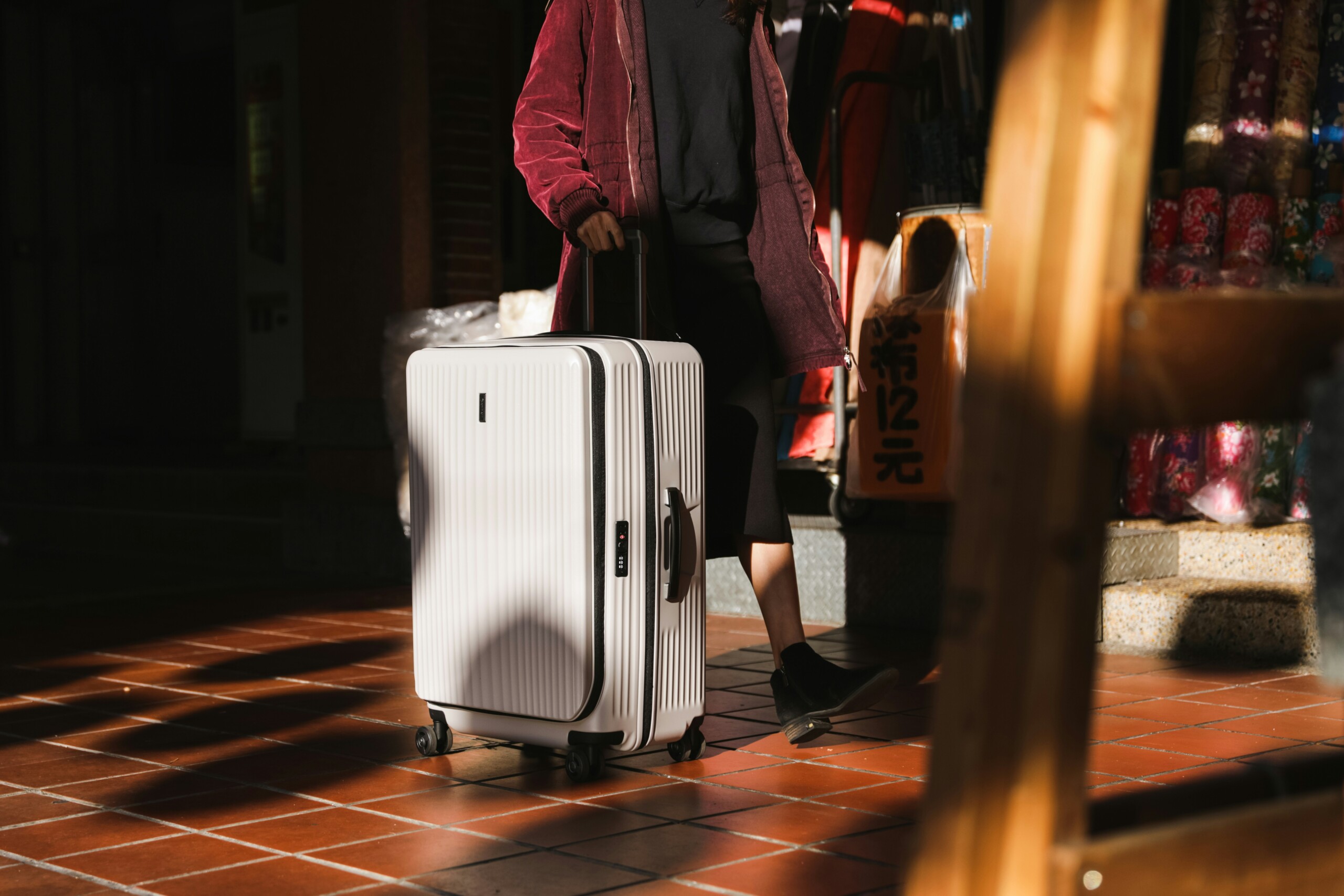Thursday 6 February 2025 12:02
Self check-ins banned in holiday rentals: what’s new
With 2025 being a Jubilee year and with Italy hosting the Winter Olympics next year, the country has greatly increased security checks to prevent possible crimes (from fraud to impersonation to terrorism). If you’ve ever traveled to Italy, you’re probably already aware of the need to show your passport even when checking into hotels or […]
read the news on From Home to Rome

With 2025 being a
Jubilee year
and with Italy hosting the Winter Olympics next year, the country has greatly increased security checks to prevent possible crimes (from fraud to impersonation to terrorism). If you’ve ever traveled to Italy, you’re probably already aware of the need to show your passport
even when checking into hotels or Airbnbs, or having to carry your ID with you even when out and about (while not always enforced, random searches are common in Italy, for locals as well as tourists).In the context of the above, the Italian government has now finalized the introduction of various regulations around short-term rentals and Airbnb operations, with a particular focus on guest registration requirements. Details are posted
at this address
(in Italian). Translating six pages worth of Italian regulations is not for everyone, so allow us to help: the Italian Ministry of Interior has forbidden all forms of self check-in for Airbnbs or other types of tourist accommodation.“Self check-in” describes the widespread practice of having guests enter the accommodation by themselves, providing their ID details to the host or property manager ahead of their arrival or at a later time.
Self check-in technologies largely emerged during the pandemic to allow guests to complete the check-in process independently while minimizing interactions. At the same time, they allowed the property owner or staff to avoid meeting guests at inconvenient times, taking into account jet lag, fatigue and other issues.
These methods became so popular that they quickly became the preferred way of welcoming a guest.
Popular self check-in tools include phone apps, remote buzzers, combination key boxes containing a set of keys…
The chief of Italian police, Vittorio Pisani, in a statement to all agents, said that at a “delicate moment in history at the international level” it was necessary to reaffirm the obligation “for the managers of accommodation facilities of any kind or type to verify the identity of guests by means of a visual check“.
In other words, with self-check-in now banned, guests booking an Airbnb or any other type of non-hotel accommodation will need to be visually identified by an actual person to confirm that the person they are meeting matches their documents. This is obviously an inconvenience when your flight lands very early in the morning or very late at night, but security is of the utmost importance at this point in history, and this personal verification process helps prevent potential misuse of rental properties.

- What happens if someone arrives outside of normal business hours?
We try to be as lenient as possible in consideration of possible flight or train delays, but after 9 pm we will ask for a late check-in fee of 50 EUR. This is not meant to penalize the guest, but to compensate our staff for working outside of regular business hours, as in most cases they live quite far away from your accommodation, or even in a different city.
- Are there any exceptions to this rule?
There are no exceptions.
- Are copies of passports acceptable or must originals be presented?
We can only use original identification, as scans or photocopies can be corrupted/ruined.
- Do all travelers need to be present at check-in or just the person making the reservation?
Everyone staying in the accommodation must be identified.
- What documentation do travelers need to bring with them?
If you’re not from the EU or Italy, your passport. Driver’s licenses issued abroad or national ID cards (from non-EU countries) are not accepted by the government.
- Does this rule apply to all types of rental properties?
Yes, it does. Even hotels are required by law to verify your identity. In most cases, you won’t even realize this is happening when you arrive at your hotel, but it is happening (trust us!).
- What can I expect during the in-person verification process?
We always try to be as quick as possible: we will show you around the property you have rented, give you basic information about the building or how to operate appliances, show you the keys to the accommodation and how to use them, take your ID details, even give you tips about the neighborhood (time permitting).
While the new regulations may require more coordination between hosts and guests, this human touchpoint can also enhance the overall security of both the property and the guests. Additionally, it provides an opportunity for hosts to personally welcome guests, share important information about the property, and address any immediate concerns – elements that contribute to a smoother experience.
